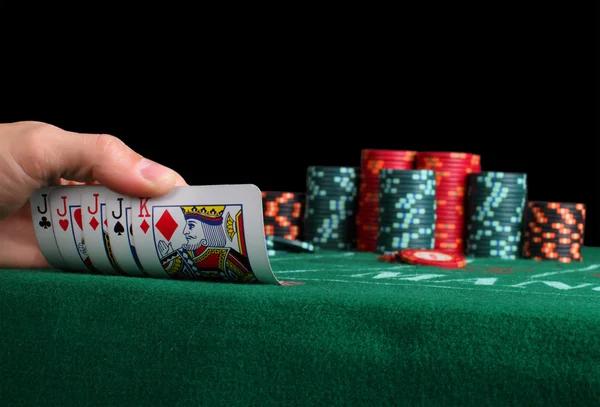In the fast-paced world of real-time action games, the ability to react quickly often separates champions from mere participants. These games demand not only sharp reflexes but also strategic thinking and situational awareness. Players must process information rapidly, make split-second decisions, and execute precise movements to outmaneuver their opponents. Mastering these skills can lead to dominating foes and achieving victory in intense gaming environments.
One of the critical factors in excelling at real-time action games is developing lightning-fast reaction times. This involves training your brain and body to respond almost instantaneously to visual and auditory cues within the game. Regular practice helps improve neural pathways responsible for quick decision-making, enabling you to anticipate enemy moves or environmental changes before they fully unfold. Utilizing drills that focus on hand-eye coordination, such as target shooting exercises or rhythm-based challenges, can further enhance your responsiveness.
Beyond raw speed, understanding game mechanics deeply contributes significantly to success. Knowing how different weapons behave, mastering character abilities, or exploiting terrain advantages allows players to make informed choices swiftly during combat scenarios. For instance, recognizing when an opponent reloads or observing cooldown timers on powerful attacks provides opportunities for counterattacks that turn the tide of battle.
Equally important is maintaining composure cuan368 under pressure. Real-time action games often place players in high-stress situations where panic can cloud judgment and slow reactions. Developing mental resilience through mindfulness techniques or controlled breathing exercises helps maintain clarity during chaotic moments. Staying calm ensures that responses remain calculated rather than impulsive mistakes driven by anxiety.
Communication also plays a vital role in team-based real-time action titles. Coordinating with teammates through voice chat or quick commands enables synchronized strategies that overwhelm adversaries efficiently. Sharing information about enemy positions or planned maneuvers fosters a cohesive unit capable of adapting dynamically as battles evolve.
Equipment choice cannot be overlooked either; having responsive hardware like low-latency mice and monitors with high refresh rates reduces input lag and visual delay, giving players a tangible edge over competitors relying on standard setups.
Ultimately, dominating foes in real-time action games hinges on a combination of swift reactions, strategic knowledge, emotional control, teamwork skills, and proper gear selection. By dedicating time to hone these attributes consistently through practice sessions and competitive play scenarios, gamers position themselves not just as participants but as formidable contenders who command respect within their gaming communities.
Embracing this comprehensive approach transforms gameplay experiences into thrilling displays of skill where every move counts toward securing victory against any opponent encountered online or offline alike.


